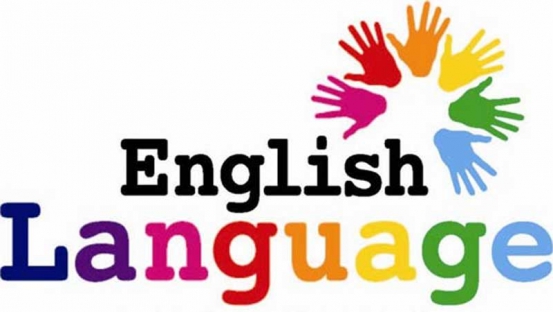
In order to express a complete thought, we put together a group of words that contain a subject and a verb. This, then, is what is referred to a sentence. Invariably, sentences must begin with a capital letter (upper case on a computer keyboard) and terminate with either a period (full stop), question mark (?) or an exclamation mark (!).
Outside the complete sentences, we have ‘sentence fragments ‘. These are word groups that, though they look like sentences, fail to express a complete thought. Notably, sentence fragments do not feature both verb and subject. The following is an example of a sentence fragment: ‘A butterfly with yellow wings and short antennae’. In this sentence fragment, although there is a subject (butterfly), there is no verb. Verbs, as we know, express an action or the state of being. One could therefore ask, what about the butterfly? What was it doing? Where was it?